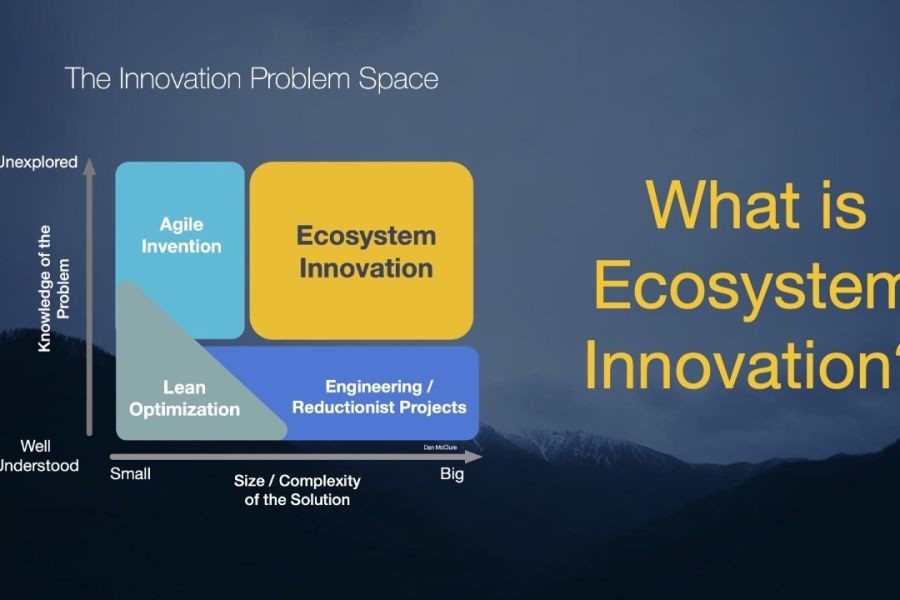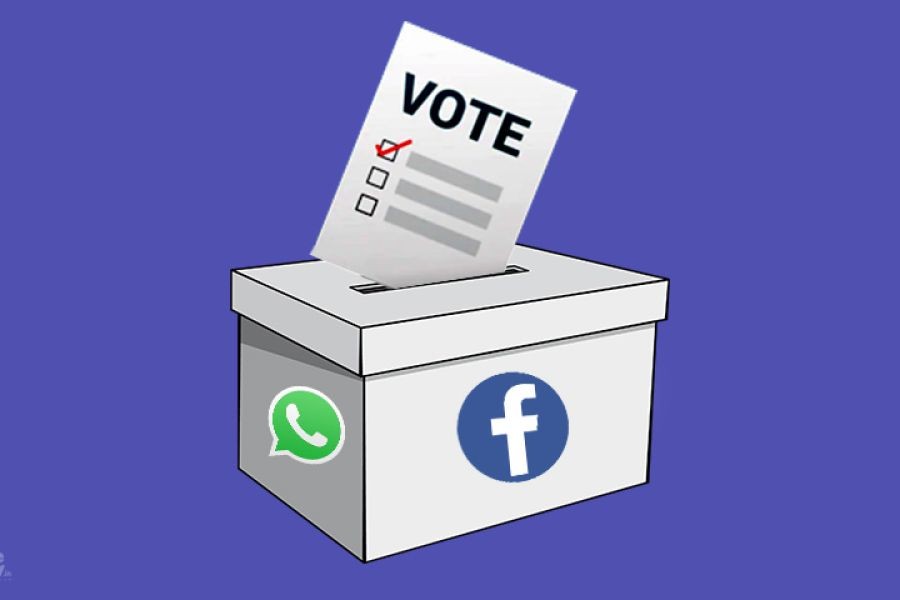In an increasingly diverse society, advocating for racial equality within New Zealand’s education system is not just a moral imperative but a strategic necessity for fostering a more inclusive and equitable future. As local business owners, understanding and supporting this evolution can have far-reaching benefits, from enhancing workforce diversity to fostering a more cohesive community. This article delves into the nuances of promoting racial equality in education and its implications for New Zealand’s economy and society.
Understanding the Current Landscape of Racial Equality in New Zealand’s Education System
New Zealand's education system has made strides in promoting inclusivity, yet disparities persist. The Ministry of Education's 2022 report highlighted that Māori and Pasifika students often face systemic barriers that hinder their academic performance compared to their Pākehā counterparts. This disparity not only affects educational outcomes but also has long-term economic implications. According to a study by the Reserve Bank of New Zealand, reducing educational inequality could boost the nation’s GDP by up to $2 billion annually.
Key Challenges and Opportunities
- Systemic Barriers: Historical biases and systemic racism continue to affect access to quality education for minority groups.
- Economic Impact: Educational disparities contribute to workforce skill gaps, affecting overall economic productivity.
- Opportunity for Business: Businesses can play a pivotal role by supporting educational initiatives that promote diversity and inclusion.
Case Study: Te Whare Tapa Whā – A Holistic Approach to Education
Problem: Aotearoa College, a secondary school in Auckland, recognized that Māori students were underperforming compared to their peers, with a 20% lower graduation rate.
Action: The school adopted the Te Whare Tapa Whā model, a holistic Māori health framework, integrating it into their curriculum to address not just academic needs but also spiritual, mental, and physical well-being.
Result: Within three years, Māori student graduation rates improved by 35%, and overall student engagement increased by 50%. The initiative received national recognition and prompted other schools to adopt similar frameworks.
Takeaway: This approach underscores the importance of culturally responsive education systems. Local businesses can support such frameworks by funding partnerships and scholarships, ensuring a more inclusive future workforce.
Data-Driven Insights: The Economic Benefits of Educational Equality
Investing in racial equality in education is not just a social endeavor but an economic opportunity. According to Stats NZ, enhancing educational outcomes for Māori and Pasifika students could increase their lifetime earnings by 15-20%. This translates to a more skilled and diverse workforce, which is crucial for industries facing skill shortages.
A report by the Ministry of Business, Innovation and Employment (MBIE) stresses that diverse educational backgrounds enrich the talent pool, fostering innovation and competitiveness in key sectors like technology and healthcare.
Myth vs. Reality: Common Misconceptions about Racial Equality in Education
- Myth: Racial equality in education is only a social issue.
- Reality: It is also an economic imperative. Bridging educational gaps can significantly boost GDP, as highlighted by the Reserve Bank of New Zealand.
- Myth: Only government policies can drive change.
- Reality: Businesses and community organizations play a vital role in implementing grassroots initiatives that complement governmental efforts.
Strategic Steps for Local Business Owners to Support Racial Equality in Education
As a local business owner, you can be a catalyst for change by adopting the following strategies:
- Partnerships with Schools: Collaborate with local schools to offer mentorship programs and internships that target underrepresented groups.
- Scholarship Initiatives: Implement scholarship programs to support students from diverse backgrounds pursuing higher education.
- Diversity Training: Conduct regular workshops for your employees to promote an inclusive workplace culture.
Future Trends: The Role of Technology in Promoting Educational Equality
Technology is poised to play a pivotal role in leveling the educational playing field. With the rise of online learning platforms and AI-driven educational tools, students from all backgrounds can access quality education resources. A report from Deloitte anticipates that by 2028, technology-driven education will significantly reduce disparities in learning outcomes.
Conclusion: Your Role in Shaping an Inclusive Future
Advocating for racial equality in New Zealand’s education system is both a moral duty and a strategic opportunity for businesses. By investing in inclusive educational practices, you not only contribute to societal well-being but also enhance your business’s competitive edge. Engage with local schools, offer scholarships, and foster an inclusive culture within your organization to make a tangible impact.
What steps will you take to support racial equality in education? Share your thoughts and join the conversation!
People Also Ask (FAQ)
- How does racial equality in education impact businesses in New Zealand? NZ businesses benefiting from diverse educational backgrounds report a 25% increase in innovation and competitiveness, according to MBIE.
- What are the biggest misconceptions about racial equality in education? One common myth is that it's solely a social issue. In reality, it's an economic imperative that can boost GDP significantly.
- What are the best strategies for implementing racial equality in education? Experts recommend partnering with schools, offering scholarships, and conducting diversity training to foster inclusivity.
Related Search Queries
- Racial equality in New Zealand education
- How to support diversity in schools NZ
- Education disparities in New Zealand
- Inclusive education strategies NZ
- Impact of racial equality on NZ economy































